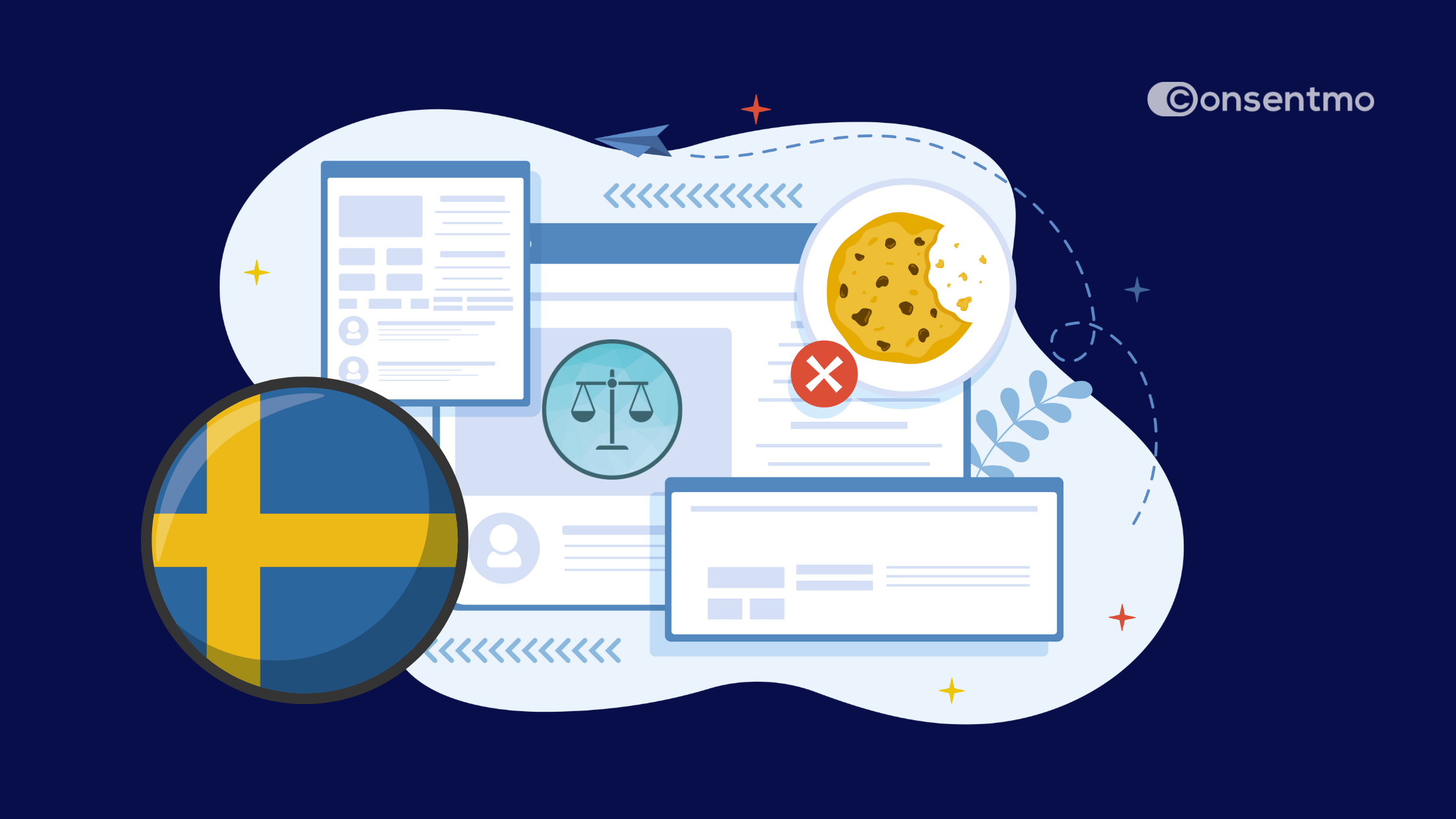Join the masses in relying on Consentmo for top-notch privacy protection

Consentmo is dedicated to protecting and respecting your privacy. We will only use your personal information to respond to inquiries, provide requested materials, or share updates and services that we believe may interest you.

The General Data Protection Regulation (GDPR), enacted in the EU in 2018, aims to protect personal data and give individuals control over its use. It applies to any business handling EU citizens' data, regardless of location. Compliance requires obtaining consent before data collection and implementing security measures to prevent unauthorized access. The focus is on safeguarding personal information.
The GDPR is applicable to stores that operate within the European Union (EU), European Economic Area (EEA), United Kingdom (UK), and Switzerland and process personal data. Additionally, the regulation also applies to organizations located outside of these regions that offer goods or services to individuals within the EU, EEA, UK, and Switzerland and process their personal data.

.webp)
The GDPR sets strict rules for handling personal data, with penalties for both minor and severe violations. Lower-level violations include collecting children's data without consent, processing unnecessary data, failing cookie protocols, sharing data without consent, hiding third-party involvement, neglecting records, failing to report breaches, or not appointing a GDPR officer. Severe violations include processing or sharing data without consent, denying user access or control, improper data transfers, not informing users about cookie opt-outs, unclear privacy policies, or non-compliance with GDPR orders.
An organization can be fined under GDPR if it fails to follow data protection rules. The regulation applies to any organization that processes personal data or offers goods or services to EU residents, regardless of its size.
.webp)
.webp)
Under GDPR, penalties for non-compliance vary based on the severity of the violation. Lower-level violations can lead to fines of up to €10 million or 2% of the company's global annual revenue, whichever is higher. Severe violations may result in fines of up to €20 million or 4% of the company's global annual revenue, whichever is higher.
Valid consent under GDPR requires it to be freely given, specific, informed, unambiguous, and provided through clear affirmative action. It must also be easily withdrawable, with individuals having control and understanding over their data usage and processing.
No, after the UK exited the EU on January 1, 2021 (Brexit), it established its own data regulation that, while similar, differs from the EU’s GDPR.
To assure GDPR compliance for your business, start by implementing clear data protection policies and procedures. One of the easiest ways to simplify compliance is by using a Consent Management Platform (CMP) like Consentmo, which is designed specifically for Shopify stores. Our app helps you manage cookie consent, data requests, and user rights, verifying your store meets GDPR requirements without hassle.



